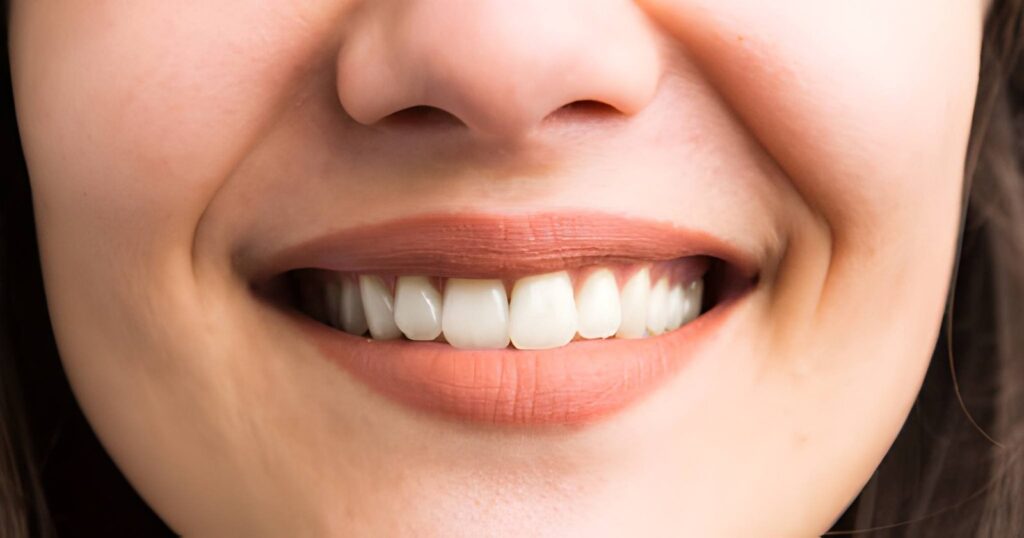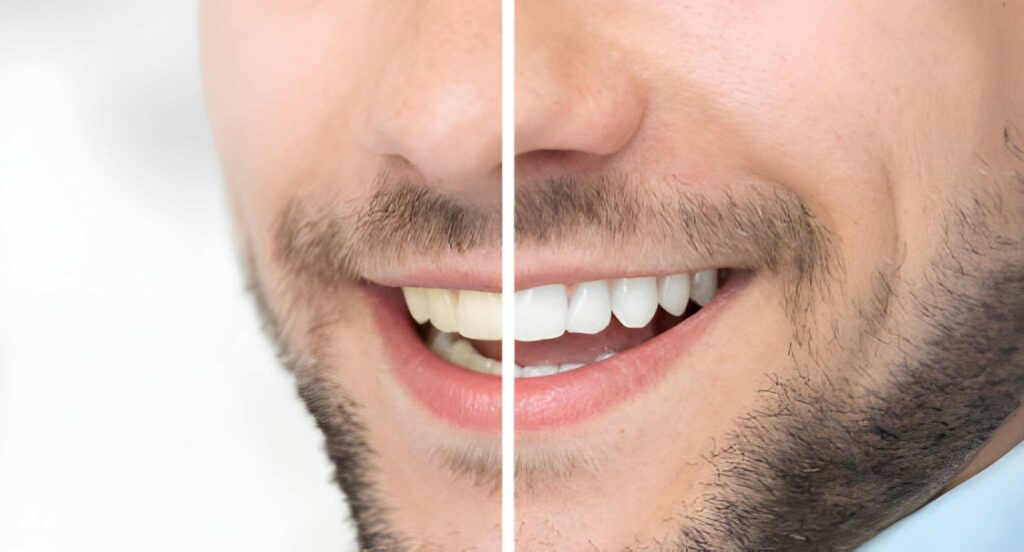Dental implants are a popular solution for replacing missing or damaged teeth. They are a permanent and effective alternative to dentures or bridges. But like any dental procedure, you might wonder if implants can move over time. In this article, we’ll explore how dental implants work, why they’re designed to stay in place, and what might cause them to move.
What Are Dental Implants?
Dental implants are artificial tooth roots placed into your jawbone to support a replacement tooth, bridge, or denture. Unlike traditional dentures, which sit on top of your gums, implants are inserted into the jawbone, making them more stable and secure.
A dental implant consists of three parts:
- The Implant: A small titanium post inserted into the jawbone.
- The Abutment: A connector placed on top of the implant to hold the crown or bridge.
- The Crown: The visible replacement tooth that sits on top of the abutment.
Titanium is used because it is biocompatible, meaning it is accepted by the body and can fuse with the jawbone through a process called osseointegration.
What Foods to Avoid After Dental Implants?
Can Dental Implants Move?
Once dental implants have fully integrated with the jawbone, they are designed to be permanent and secure. In most cases, dental implants do not move over time. The fusion of the implant with the jawbone makes them incredibly stable and reliable.
However, there are a few situations in which dental implants may shift or become loose. These situations are rare, but it’s essential to be aware of the potential causes.
Reasons Dental Implants Might Move
- Failed Osseointegration
The success of dental implants depends on a process called osseointegration, where the titanium post fuses with the surrounding bone. If this process doesn’t happen properly, the implant may fail to integrate fully. This can happen for various reasons, including infection, poor bone quality, or smoking. A failed osseointegration can cause the implant to become loose or shift. - Bone Loss
Over time, if there is bone loss in the jaw, the implant may lose its stability. Bone loss can occur due to gum disease, tooth grinding, or age-related changes. If the bone around the implant is not strong enough to support it, the implant may shift or even fail. - Improper Placement
If the implant is not placed correctly or at the right angle, it may cause complications over time. Incorrect placement can lead to discomfort, difficulty chewing, and in some cases, movement of the implant. - Trauma or Injury
Just like natural teeth, dental implants can be damaged if subjected to trauma or injury. A hard blow to the face or an accident can cause the implant to become loose or shift. It is essential to protect your implants by avoiding activities that may lead to injury. - Infection
Infection around the implant, also known as peri-implantitis, can cause inflammation and bone loss around the implant. This can weaken the implant’s hold in the jawbone, potentially leading to movement or loosening.
Can Dental Implants Cause Headaches?
How to Prevent Dental Implants from Moving
Maintaining your dental implants is essential to ensure they remain stable over time. Here are some tips to help prevent your implants from moving:
- Good Oral Hygiene
Keeping your implants clean is crucial for their long-term success. Brush your teeth at least twice a day and floss regularly to prevent plaque build-up and gum disease. Using an antibacterial mouthwash can also help reduce the risk of infection around the implant. - Regular Dental Check-ups
Visit your dentist regularly for check-ups and cleanings. Regular visits allow your dentist to monitor the health of your implants and detect any issues early. If you notice any signs of discomfort, swelling, or bleeding around the implant, consult your dentist immediately. - Avoid Smoking
Smoking can hinder the healing process after dental implant surgery and increase the risk of implant failure. It’s important to avoid smoking both before and after the procedure to ensure the implant integrates properly with the jawbone. - Protect Against Injury
If you play contact sports or engage in activities that could put your face at risk of injury, consider wearing a mouthguard. A mouthguard will protect your implants from trauma and prevent any potential damage. - Address Teeth Grinding
If you grind your teeth at night (bruxism), talk to your dentist about a night guard. Teeth grinding can put excessive pressure on dental implants and cause them to shift or loosen over time.
Can i Get Dental implants if i Have Bone Loss
What Happens if a Dental Implant Moves?
If a dental implant moves, it’s essential to see your dentist immediately. If the implant is loose or shifted, your dentist may need to remove it and address the underlying issue. Depending on the situation, bone grafts or other procedures may be necessary to restore the implant site and ensure the successful placement of a new implant.
In some cases, if the implant has been in place for several years and is only slightly loose, your dentist may be able to stabilize it. However, if there is significant movement or infection, the implant may need to be removed entirely, and the area may need time to heal before a new implant can be placed.
Can Dental Implants Affect Your Eyes?
Conclusion
In most cases, dental implants are stable and do not move over time. They are designed to last for many years with proper care and attention. However, in rare cases, factors such as failed osseointegration, bone loss, trauma, or infection can cause dental implants to shift or become loose.
To ensure the long-term success of your dental implants, maintain good oral hygiene, attend regular check-ups, and protect them from injury. If you experience any discomfort or notice any changes in the stability of your implants, consult your dentist immediately.
Contact Holburn Dental and Implant Centre
If you’re considering dental implants or have concerns about your existing implants, book a consultation at Holburn Dental and Implant Centre. Our skilled team is committed to providing high-quality, personalized care to ensure your implants remain stable and your smile stays healthy. Contact us today to schedule an appointment.
Frequently Asked Question
Can dental implants move if they are properly placed?
Once dental implants are properly placed and fully integrated with the jawbone, they should remain stable. However, factors like infection, bone loss, trauma, or excessive force can lead to implant movement. Regular check-ups and proper care are crucial for maintaining their stability.
How long do dental implants last?
Dental implants typically last between 10-15 years or even longer with proper care. Their longevity depends on factors such as bone health, oral hygiene, and lifestyle habits. Routine dental visits and good maintenance practices help ensure they remain stable and functional for years.
What causes dental implants to fail?
Dental implants can fail due to infection, insufficient bone support, trauma, or poor oral hygiene. Conditions like peri-implantitis can lead to inflammation and bone loss around the implant, potentially causing it to become loose. Early detection and care can prevent failure.
Can I eat normally with dental implants?
Yes, dental implants function like natural teeth, allowing you to eat most foods without restriction. However, it’s advisable to avoid hard or sticky foods during the initial healing period. After the healing process, you should be able to enjoy your meals comfortably.
What should I do if my dental implant feels loose?
If your dental implant feels loose, contact your dentist immediately. Possible causes include infection, bone loss, or trauma. Your dentist will evaluate the implant’s condition and determine the best course of action, such as additional treatment or replacement, to ensure long-term stability.
Get dental implants in Aberdeen from Holburn Dental and Implant Centre




